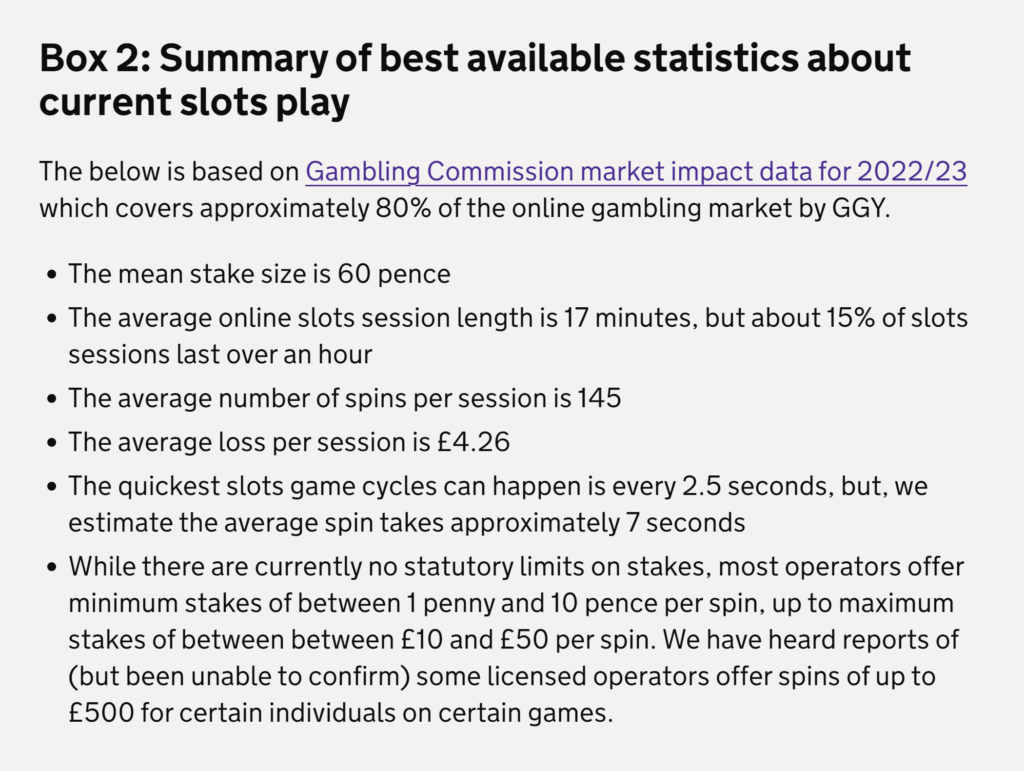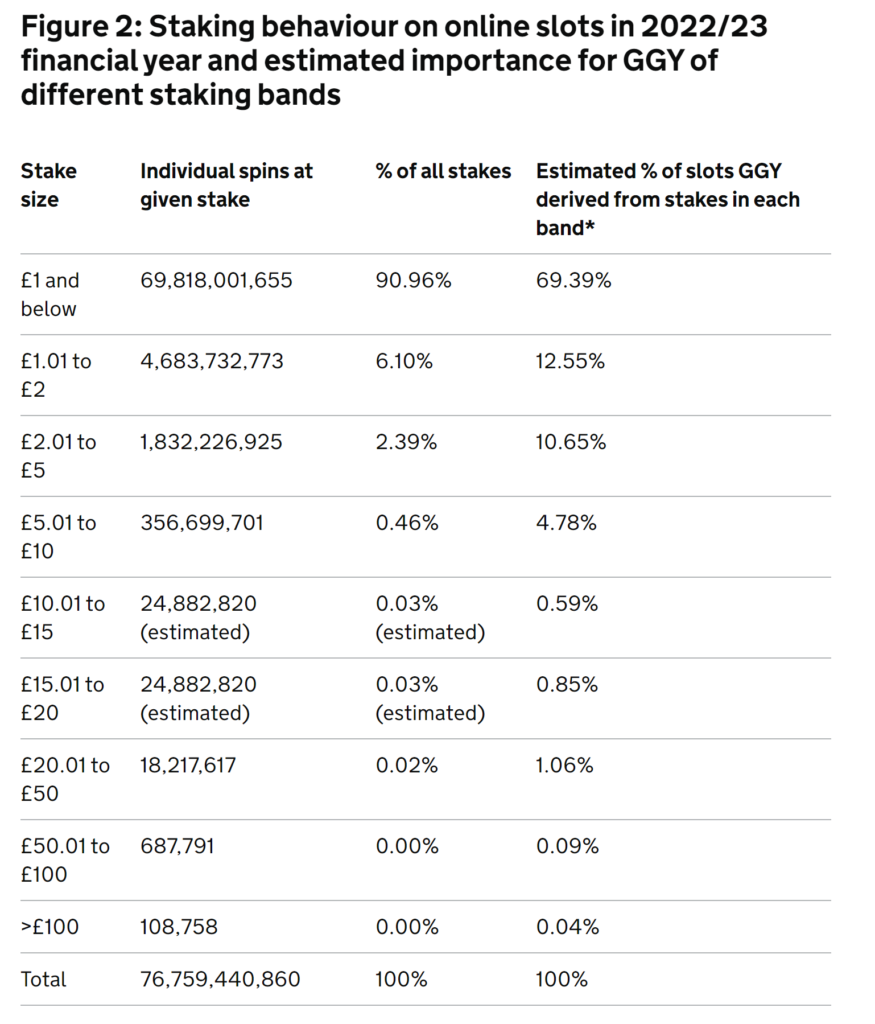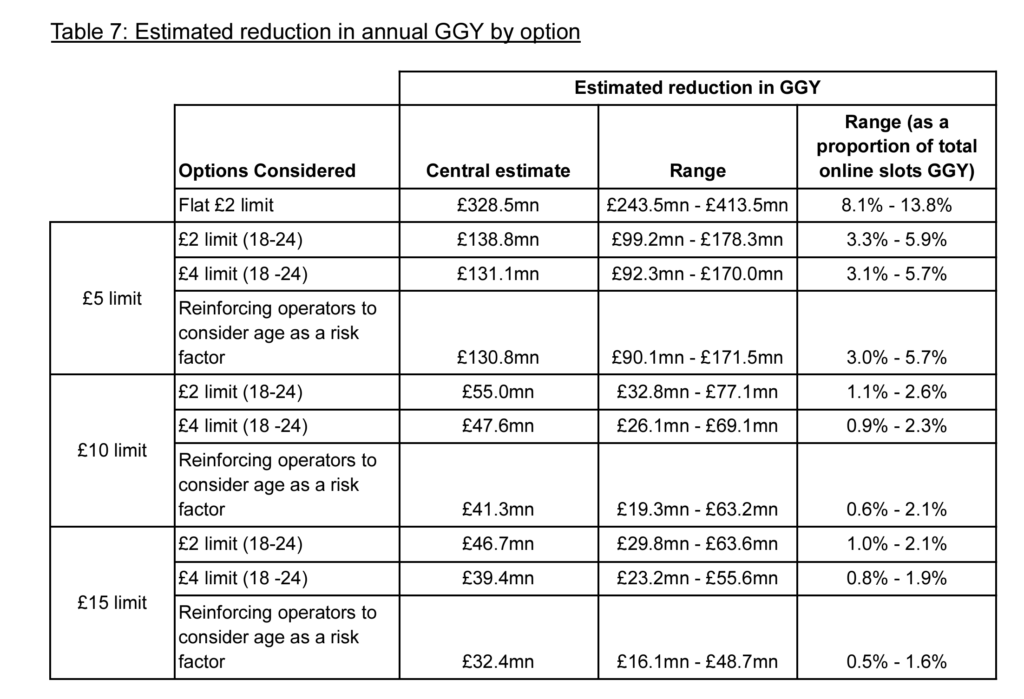White Paper Series: Changes to Personal Management Licences
In our blog last Summer, White Paper Series: Transforming corporate culture by “driving personal accountability and responsibility” for lookers-on seeing most of the game?, we summarised the Gambling Commission’s key proposals relating to personal management licences (“PMLs”).
The Gambling Commission proposed to:
- make clear that the person responsible for “overall management and direction of the licensee’s business or affairs” (which triggers a PML requirement) “is likely to be the CEO, MD or equivalent”;
- require the person “chairing the Board (where the licensee has such a body)” to hold a PML;
- make it clearer that those responsible for AML and CTF, including the Money Laundering Reporting Officer and Nominated Officer, need to hold a PML; and
- assess, on a case-by-case basis, whether CEOs and directors of “parent companies or subsidiaries in the group” need to hold PMLs too.
On 1 May 2024, the Gambling Commission published its consultation response and announced it will introduce the changes as originally proposed, with only minor clarifications to make it clear that the requirement for the Chair – executive or non-executive – to hold a PML only applies to those that hold fixed or indeterminate office. Anyone appointed as Chair on a transient and/or short term basis for individual meetings will not be caught by the new requirement, but the licensed gambling business will need to retain evidence to support the fact the Chair’s role is transient and/or short term.
In our view, the Gambling Commission is striking the right balance with these changes, particularly with the requirement that Chairs must hold PMLs. Increasing the number of PMLs, particularly at a senior level, will drive personal accountability and responsibility, and thereby hopefully enhance the corporate culture and improve standards of compliance.
However, the Gambling Commission has not expressly addressed in its consultation response how the new requirements will apply to large gambling businesses (specifically, D. above), for example, group / regional / business division CEOs, MDs or equivalent, who may share the overall management responsibility and direction for the business in Great Britain. Based on the new licence condition wording, it only applies to the licensee, not its parent, related or subsidiary companies. This was a missed opportunity, and – despite the lack of clarity – our view is that the Gambling Commission would expect such individuals to hold a PML and thereby be caught by the new requirements, given that the licence condition is being implemented “as consulted” and the intention of the Gambling Commission in the consultation document was clear, as follows:
The group structures in which licensees operate vary and sometimes it may be appropriate for the CEOs and Directors of parent companies or subsidiaries in the group to hold PMLs too. This will depend on how these companies interact with the licensee and the influence they have over it.
Information on group structure, licensee interaction and influence is assessed during the process for licence application and during change of corporate control licence applications, and can be assessed at any other time.
Based on the information provided at any of these points, we would take a view on a case-by-case basis as to which individuals would need to hold a PML.
We consider that the proposed amendment to Licence Condition 1.2.1…would reinforce our expectations over which roles require a PML, and would make sure there is adequate personal coverage and accountability in each licensee’s business.
There is no one size fits all approach. Each case should be considered on its merits, taking into consideration how decisions are made, whether decisions can be overruled and by whom, and reporting lines.
Timing of new requirements
The extended requirements in relation to PMLs come into force on 29 November 2024.
Critically, PMLs must have been applied for, and been granted, before this date.
When can applications be made?
The Gambling Commission will be accepting PML applications based on the following timings:
| MD, CEO or equivalent: | with immediate effect |
| AML and CTF: | from 1 June 2024 |
| Board Chair: | from 1 August 2024 |
We regularly work with clients to prepare PML applications for their employees, senior managers and Board members. Please get in touch if you would like our assistance.
What do PMLs need to know?
If you would like tips for PMLs and employers or to understand PML requirements, such as key events, please read our overview guide.
Preparing new PMLs & training
It is imperative that PML applicants understand the personal liability that flows from holding a PML and, equally, the important role they play in ensuring business decisions are underpinned by the licensing objectives, building a strong foundation of compliance and raising standards.
Borne from our strong desire to help clients navigate the complex framework and landscape in Great Britain, we offer Partner-led PML training covering the key legal, regulatory and licensing issues for PMLs, Boards, Compliance Committees, employers and those in supporting roles, as well as scanning the horizon on key changes, including the Gambling Review, and providing practical advice based on our extensive knowledge, experience and expertise. Our training is entirely bespoke and tailored for each audience group.
Next steps
We strongly encourage gambling businesses to:
- Identify the appropriate individuals who must apply for a PML now and not wait until the Autumn when the Gambling Commission is very likely to be deluged with PML applications and experiencing processing delays;
- Prepare and submit PML applications early, ensuring they are complete upon submission (to minimise the risk of rejection); and
- Provide adequate training to the PML applicants in advance of, or very soon after, 29 November 2024.
Please get in touch if you would like to discuss your PML requirements, PML applications or receive a deck about our PML training services, including client testimonials.





